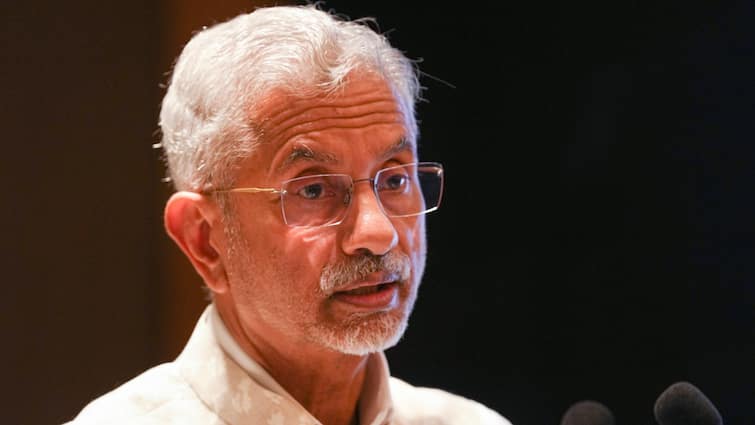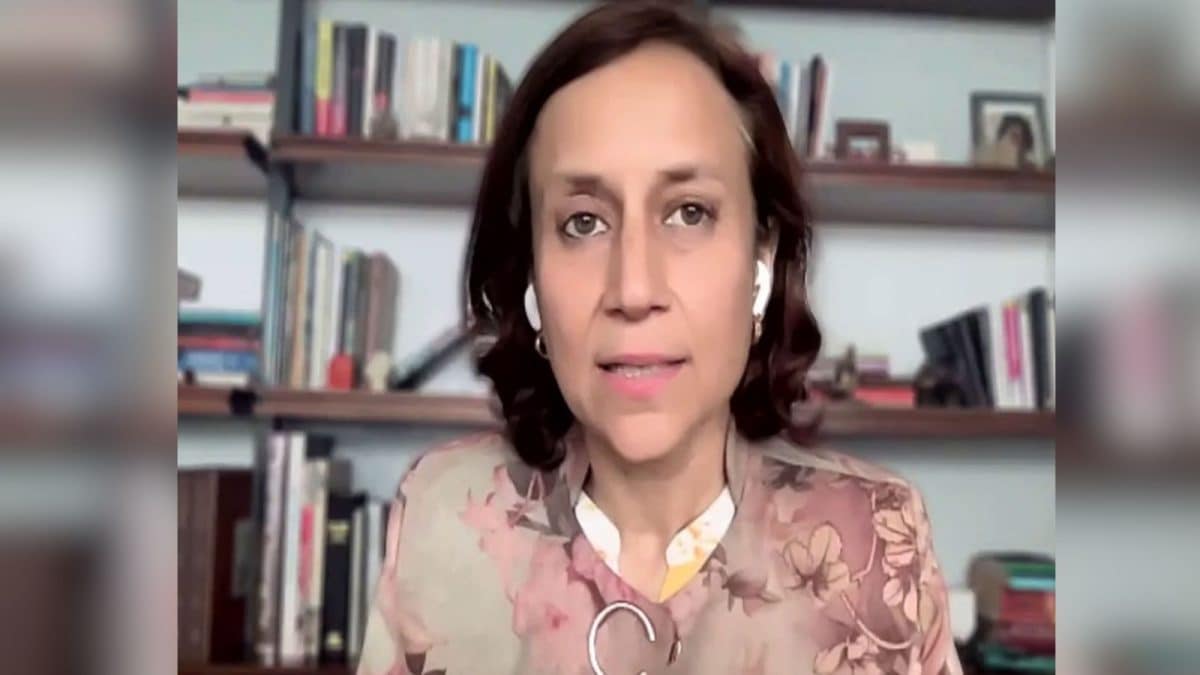External Affairs Minister S Jaishankar on Sunday underscored that any prospective trade agreement between India and the United States must take into account New Delhi’s core concerns and “red lines”, even as efforts continue to reach a mutually acceptable understanding.
Speaking during an interactive session at the Kautilya Economic Enclave on the theme ‘Shaping Foreign Policy in Turbulent Times’, Jaishankar acknowledged that both nations were yet to find a “landing ground” in their discussions on trade, a situation that has contributed to recent frictions in the bilateral relationship, news agency PTI reported.
‘Trade Deal Must Respect India’s Bottom Lines’: Jaishankar
“We have today issues with the United States. A big part of it is the fact that we have not arrived at a landing ground for our trade discussions, and the inability so far to reach there has led to a certain tariff being levied on India,” Jaishankar said, referring to the tariff hikes imposed by the US under President Donald Trump.
He added that an additional tariff targeting India for sourcing energy from Russia was “very unfair”. “There is a second tariff which we have publicly said we regard as very unfair, which has picked on us for sourcing energy from Russia when there are other countries that have done so, including countries that right now have a far more antagonistic relationship with Russia than we do,” he said.
Jaishankar emphasised that while an understanding with Washington was vital given that the US is the world’s largest market, any agreement must be consistent with India’s own interests. “Whatever happens at the end of the day, there has got to be a trade understanding with the US… But it has to be an understanding where our bottom lines, our red lines are respected. In any agreement, there are things you can negotiate and there are things you can’t,” he stated.
India-US Talks Resume After Tariff Dispute
Ties between New Delhi and Washington came under strain after President Trump doubled tariffs on Indian goods to 50 per cent, including an additional 25 per cent duty linked to India’s import of Russian crude oil. India had described the move as “unfair, unjustified and unreasonable.”
A subsequent phone conversation between Prime Minister Narendra Modi and President Trump paved the way for renewed efforts on a proposed bilateral trade deal. Both sides have since resumed negotiations after a brief hiatus, though divergences persist on several fronts, notably agriculture and dairy.
“There are problems, there are issues, nobody is in denial of it. Those issues need to be negotiated and discussed and resolved, which is exactly what we are trying to do,” Jaishankar said, while maintaining that the strain had not affected the broader scope of the relationship. “A large part of the relationship is actually continuing either as business as usual or, in fact, in some cases even doing more than it was doing before,” he observed.
‘World Going Through an Extraordinary Period of Change’: Jaishankar
In his remarks, Jaishankar also spoke on the wider geopolitical and economic shifts reshaping global relations. “The world is going through an extraordinary and intense period of change,” he said, highlighting the weakening of international rules and the growing importance of security and resilience over cost.
The minister pointed to the competition for rare earths and critical minerals and cautioned against over-dependence on any single manufacturing hub, in an apparent reference to China. “We have seen politically that alliances and understandings are being revisited. We’ve also seen in a few cases, in the cases of really the major polities, that their belief in the balance of power is probably much less,” he noted.
He also remarked on the changing nature of global conflicts, saying, “The Azerbaijan-Armenia, Ukraine-Russia and Israel-Iran conflicts have shown that contactless war is possible with stand-off weapons and can have a decisive outcome.”
Jaishankar asserted that India must not only safeguard its current position but also continue its ascent. “For us, just defending what we have is simply not good enough… We had to not only internalise and absorb these risks, but find a way of going beyond and continuing with our rise,” he said.



